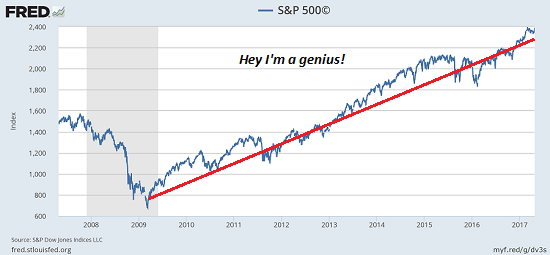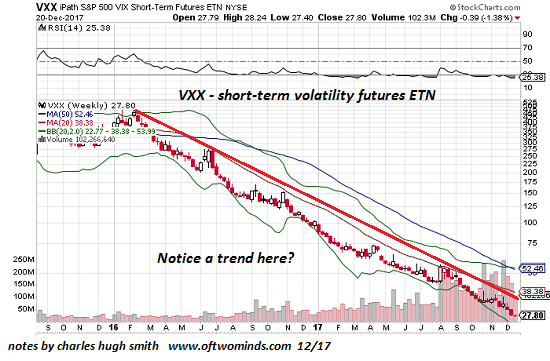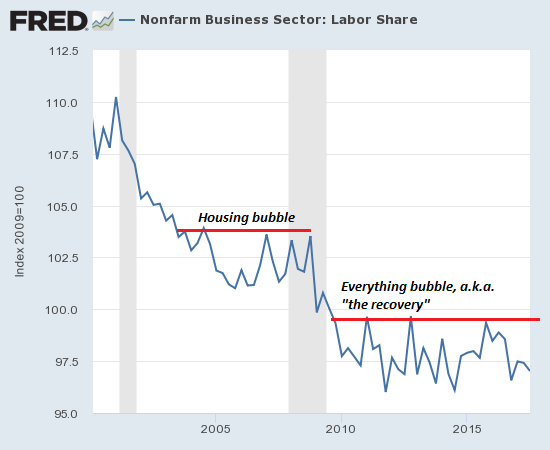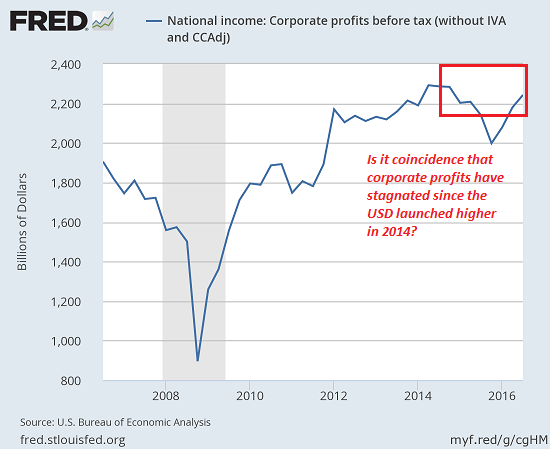 U.S. News recently ranked California’s “quality of life” the worst in the nation, much to the delight of Fox News. (That metric was just one of eight used by the magazine, and California actually came in 32nd over all.) U.S. News assessed quality of life based on measures of the “natural environment” and the “social environment.” One factor that was conspicuously excluded: Can you order marijuana online and have it delivered to your home or office that day?
U.S. News recently ranked California’s “quality of life” the worst in the nation, much to the delight of Fox News. (That metric was just one of eight used by the magazine, and California actually came in 32nd over all.) U.S. News assessed quality of life based on measures of the “natural environment” and the “social environment.” One factor that was conspicuously excluded: Can you order marijuana online and have it delivered to your home or office that day?
 Stoney, based in Santa Ana, delivers cannabis products throughout the state, generally overnight. Delivery is free for orders over $50; otherwise it costs $8. In Orange County and Los Angeles, the company offers same-day service for $15. All you need is a credit card and an ID proving you are 21 or older. The website has a decent flower selection of about two dozen strains, plus concentrates, shatter, prerolled joints, edibles, and vape pens. It is not exactly an Amazon for pot, but it’s the closest thing I’ve seen.
Stoney, based in Santa Ana, delivers cannabis products throughout the state, generally overnight. Delivery is free for orders over $50; otherwise it costs $8. In Orange County and Los Angeles, the company offers same-day service for $15. All you need is a credit card and an ID proving you are 21 or older. The website has a decent flower selection of about two dozen strains, plus concentrates, shatter, prerolled joints, edibles, and vape pens. It is not exactly an Amazon for pot, but it’s the closest thing I’ve seen.
California is one of just three states that currently allow home delivery of recreational marijuana. The other two are Oregon, which legalized recreational marijuana in 2014 and began allowing deliveries to consumers a year ago, and Nevada, which legalized recreational marijuana in 2016 and allowed home delivery under temporary regulations that lapsed at the end of last year but were renewed as of yesterday.
Delivery to consumers is still banned in Colorado and Washington, the two states where voters approved legalization in 2012, although that may change in Colorado as soon as this fall. Alaska, which legalized recreational marijuana in 2014, does not allow home delivery either. In Massachusetts, where legal sales of recreational marijuana are expected to begin this summer, home delivery will be delayed at least until the fall and possibly later. In Maine legislators have yet to establish a system for licensing and regulating recreational sales. In Vermont and the District of Columbia, recreational use is legal, but sales are not.
The home delivery option is one of the most consumer-friendly aspects of California’s marijuana regulations, along with the allowance for on-site consumption at marijuana stores (subject to local approval). The taxes, by contrast, are decidedly unfriendly. They include $9.25 per ounce sold by growers, a 15 percent excise tax collected by retailers, local marijuana taxes, a 6 percent state sales tax, and local sales taxes. Taxes totaled 31 percent on my Stoney order, not including the levy on growers. At LAX CC, a marijuana shop in Los Angeles that has a big selection (77 strains and 40 concentrates on the day I visited), taxes add 35 percent to the retail price. If you include the wholesale tax, the effective rate on an eighth of an ounce, which was priced at $45 for most strains, is roughly 39 percent.
According to new report from the California Growers Association (CGA), which represents small cannabis cultivators, “taxes were identified as the single greatest barrier to entry” in a survey of the group’s members. The report argues that “current cannabis tax policy is propping up the illicit market, preventing compliance from good-faith operations, and contributing to price increases for patients and consumers.”
A legal eighth in California may cost two or three times as much as a black-market eighth. Taxes are not the only reason street dealers undersell state-licensed marijuana suppliers, who also bear regulatory costs that their illegal competitors escape.
The CGA, which complains that “barriers to entry are impracticably high,” says one problem is the sheer volume and complexity of state and local regulations. Seven state agencies, local building and fire codes, and local regulatory and tax ordinances “all have at least some rules which apply to any given business.” All together, “there are hundreds of pages of relevant regulations.” In the CGA survey, 57 percent of members “indicated that lack of clarity on regulations and compliance was either a ‘significant’ or ‘very significant’ barrier to entry.”
Marijuana businesses need both state and local approval to operate legally. “Only thirteen of California’s fifty-eight counties have passed an ordinance to allow and regulate commercial cannabis activity,” the CGA report says. “Many grows, while in permit counties, are in ban zones.” In Sonoma County, for example, “a ban on cultivation in rural residential and agricultural residential (RR/AR) zones has excluded over 3,000 cultivators from the regulated market.” The CGA also cites a “major” permitting backlog, restrictions on direct marketing, and shortages of licensed testing labs, distributors, and delivery services, as well as a dearth of banking services and inequitable treatment under the Internal Revenue Code (both of which are tied to the continuing federal ban on marijuana).
The CGA estimates that “as little as 25 percent of the cannabis consumed in the state is purchased from licensed retailers.” Since legal recreational sales began just two months ago, that may seem like a good start. But the CGA argues that the black market will persist without tax cuts and regulatory relief to make licensed businesses more competitive.
“Despite strong desire to enter into the regulated marketplace, only 15% [of CGA members] were ‘very confident’ that they would be able to do so,” the report says. “The current system will not achieve its goals without fundamental and structural changes that allow small and independent businesses to enter into compliance.”
 On the day of the Parkland massacre, Capt. Janice Jordan of the Broward County Sheriff’s Office commanded deputies on the scene to secure a perimeter—which they did, instead of entering the building where Nikolas Cruz killed 17 people.
On the day of the Parkland massacre, Capt. Janice Jordan of the Broward County Sheriff’s Office commanded deputies on the scene to secure a perimeter—which they did, instead of entering the building where Nikolas Cruz killed 17 people. Florida lawmakers made headlines last month with a proposal to let people sexually exploited in hotel rooms sue the hotel where the abuse took place. The bill would have imposed $50,000 to $100,000 in fines on defendants who lose, in addition to any money awarded to the victim. The legislation had “widespread support, passing three committees without anyone voting against it,”
Florida lawmakers made headlines last month with a proposal to let people sexually exploited in hotel rooms sue the hotel where the abuse took place. The bill would have imposed $50,000 to $100,000 in fines on defendants who lose, in addition to any money awarded to the victim. The legislation had “widespread support, passing three committees without anyone voting against it,” 















 Once upon a time, television sitcoms were mostly high-concept, built in a one-punch concept: Appalachian rednecks move into a Southern California mansion! An astronaut lives with a hot supernatural chick who will do anything for him, except show her belly button! Identical teenage cousins with violently different temperaments (Where Cathy adores a minuet, the Ballets Russes, and crepe suzette, our Patty loves to rock and roll, a hot dog makes her lose control …) wreak havoc!
Once upon a time, television sitcoms were mostly high-concept, built in a one-punch concept: Appalachian rednecks move into a Southern California mansion! An astronaut lives with a hot supernatural chick who will do anything for him, except show her belly button! Identical teenage cousins with violently different temperaments (Where Cathy adores a minuet, the Ballets Russes, and crepe suzette, our Patty loves to rock and roll, a hot dog makes her lose control …) wreak havoc!


 U.S. News recently
U.S. News recently  Stoney
Stoney


